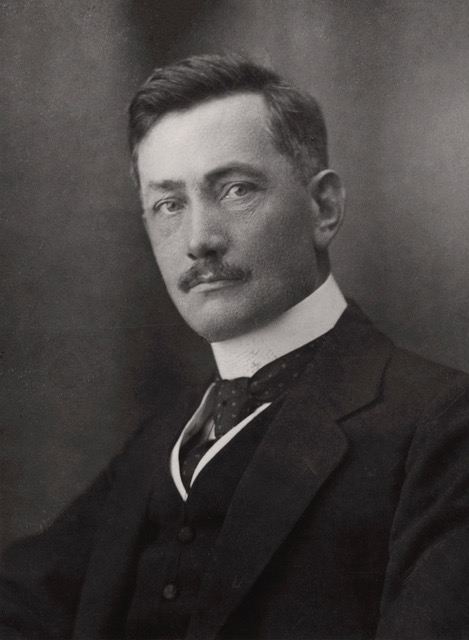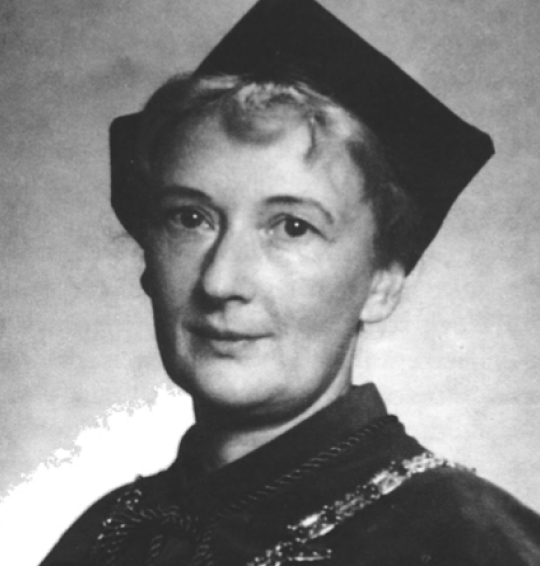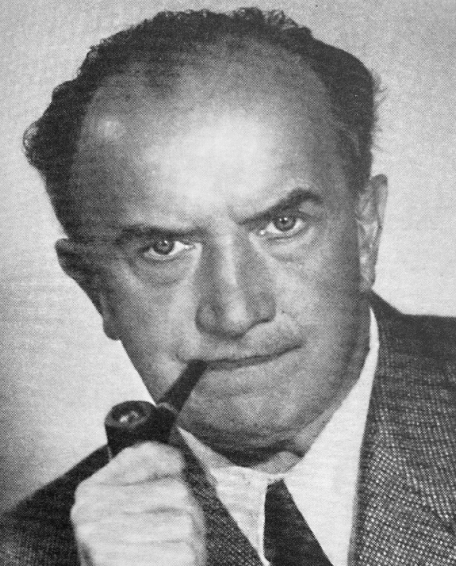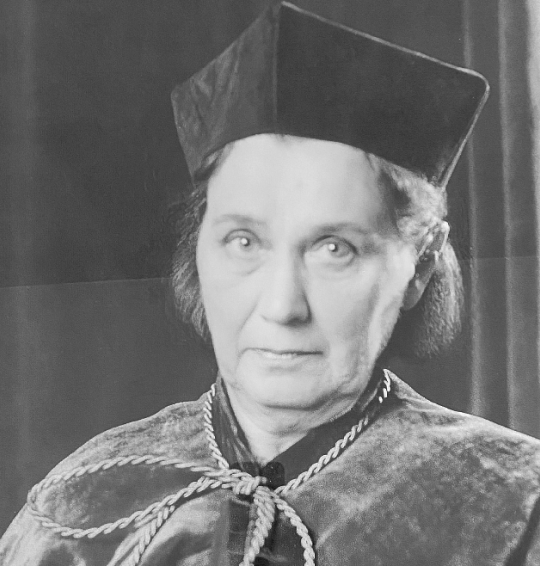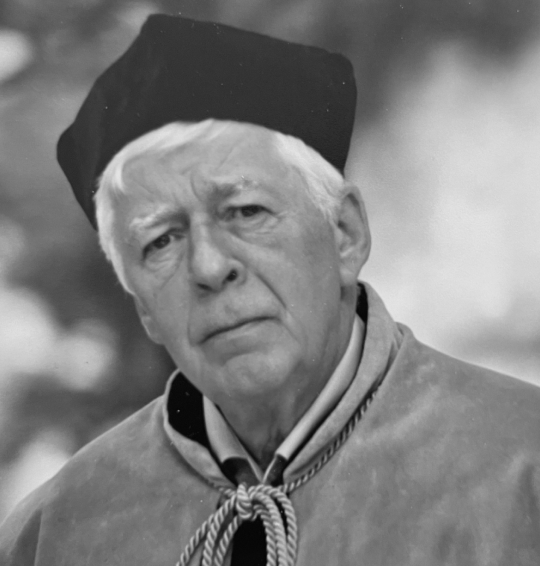120 years of history
When, in 1900, the 62nd issue of Nature published a brief, but at the same time very sympathetic1 discussion of two German-language books by Władysław Heinrich (1869-1957), a pioneer of experimental psychology, historian of philosophy and educator, this moment can be considered the symbolic initiation of a research programme that was to be (intermittently) carried out at the Institute of Psychology over the following decades. In particular, Zur Prinzipienfragen der Psychologie, published in Zurich in 1899, can be considered a scientific manifesto: an original and well-founded proposal for practising psychology, in which the author broke with the mentalist viewpoint that was widespread at the time, and in its place proposed a psychology that had as its main subject human behaviour framed in relation to the natural and social environment. Tomasz Strzembosz, a student of Heinrich, wrote three decades later: “The consistent philosophical line of behaviourism seems to show no contradiction with the course of Professor Heinrich’s reasoning. To be more precise, behaviourism, as a method of psychological research, judged by how behaviourists act and not by what they preach, seems to fit completely within the framework of the psychophysical construction of Prof. Heinrich”2 .
At the same time, in the university archives one can find the scientist’s notes, indicating that already at the turn of the century he was giving lectures on experimental psychology and the development of concepts and methods of psychophysiological research. In them, Heinrich, who was a disciple of Richard Avenarius, presented psychology as a natural science that should cognitively focus on observable, peripheral processes closely related to the physiological functioning of organisms (understood in a biological fashion). It is also known that when Heinrich returned to Poland, he took a job as an assistant professor in the Department of Experimental Physics at the Jagiellonian University, where he quickly revealed his interest in experimental psychology, conducting pioneering research on impressions. A communiqué about them was included in the reports of the Academy of Arts and Sciences in Cracow for 1898, and was the first report on experimental psychology in Poland. During this period, Heinrich pushed for the establishment of an experimental psychology laboratory, which was opposed by the later rector of the Jagiellonian University, Catholic priest and professor of the history of philosophy Stefan Pawlicki. However, the plan was carried out in 1903, and thus it is Heinrich who deserves to be called the “Polish Wundt”, that is, the founder of the first Polish centre for experimental psychology, which he headed until 1911.
So, 120 years ago, psychology began its independent scientific, teaching and organisational life at the Jagiellonian University, which it continues with increasing success in modern times. There is much to celebrate.
Dr hab. Bartłomiej Dobroczyński, prof. UJ
1The review was overly favourable, with the author describing Heinrich’s work as “well thought, comprehensive presentation of a psychological orientation which is attractive on many levels”. (Book Review (1900). Die Moderne Physiologische Psychologie in Deutschland; Zur Prinzipienfragen der Psychologie; An Outline Sketch, Psychology for Beginners. Nature, Vol 62 Number 1602, p. 245. doi:10.1038/062245a0.
2Strzembosz. T. (1931). Modern psychological trends and their theoretical basis. Kwartalnik Filozoficzny, 9, 153-194, 257-269. For more on Heinrich’s views of the beginnings of Polish scientific psychology: Dobroczyński, B., & Gruszka, A. (2019). Generations of “wasted chances”: Władysław Heinrich and psychology in Poland. History of Psychology, 22(2), 163-185. DOI: http://dx.doi.org/10.1037/hop0000125
As part of a journey through the history of the Institute of Psychology we also invite you to learn more about:
(1) the profiles of prominent scholars associated with psychology at the Jagiellonian University»
oraz (2) the archived course catalogues»
The timeline presented below is only a preview of a much more richly detailed exhibition on the history of psychology at the Jagiellonian University. The exhibition, located in the lobby and main staircase of the Institute of Psychology, will be on display starting May 18. You are welcome during the Institute’s opening hours i.e., Monday through Friday at 8 a.m. – 8 p.m. Visiting the exhibition is completely free of charge and no registration is required.



